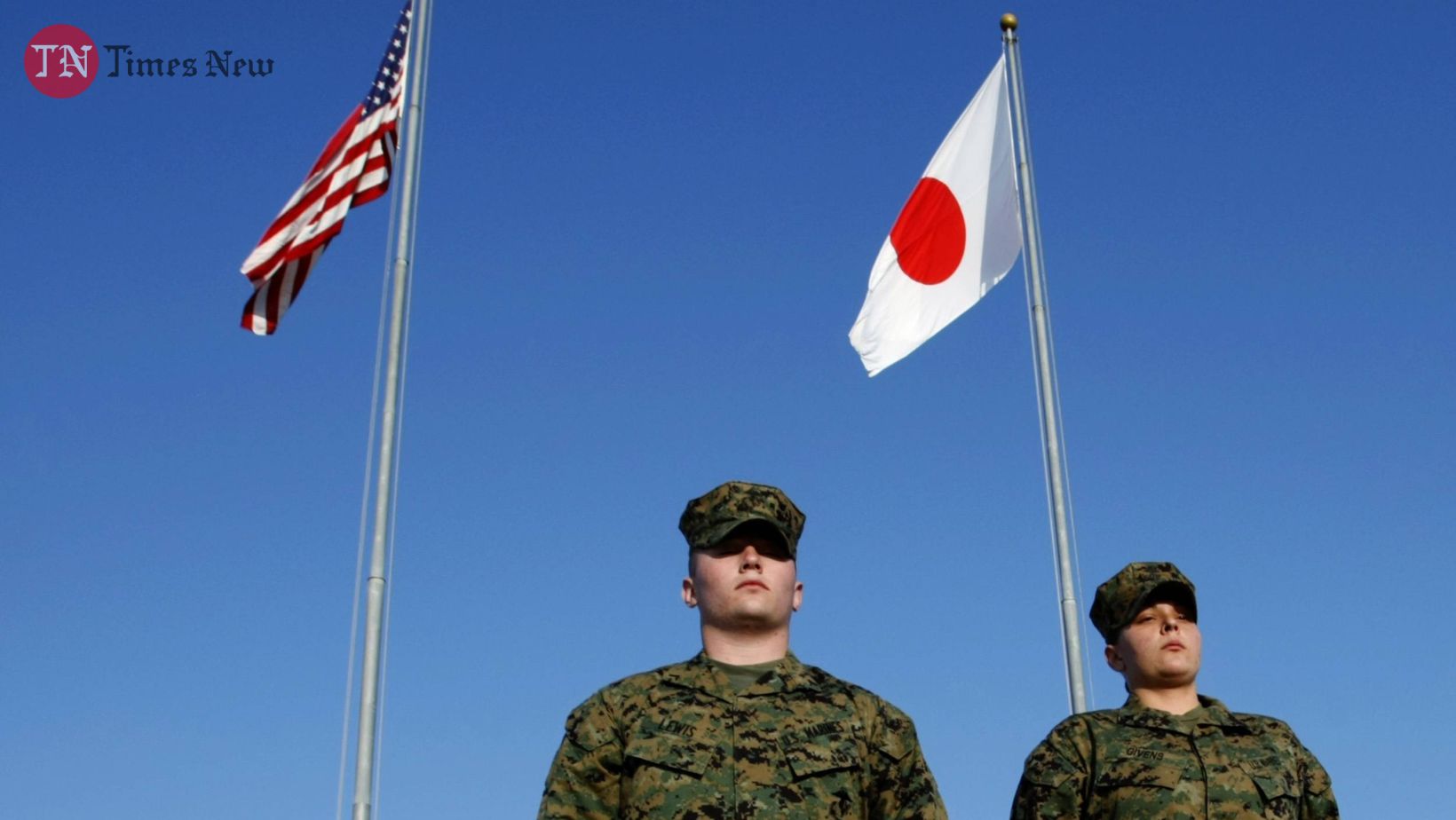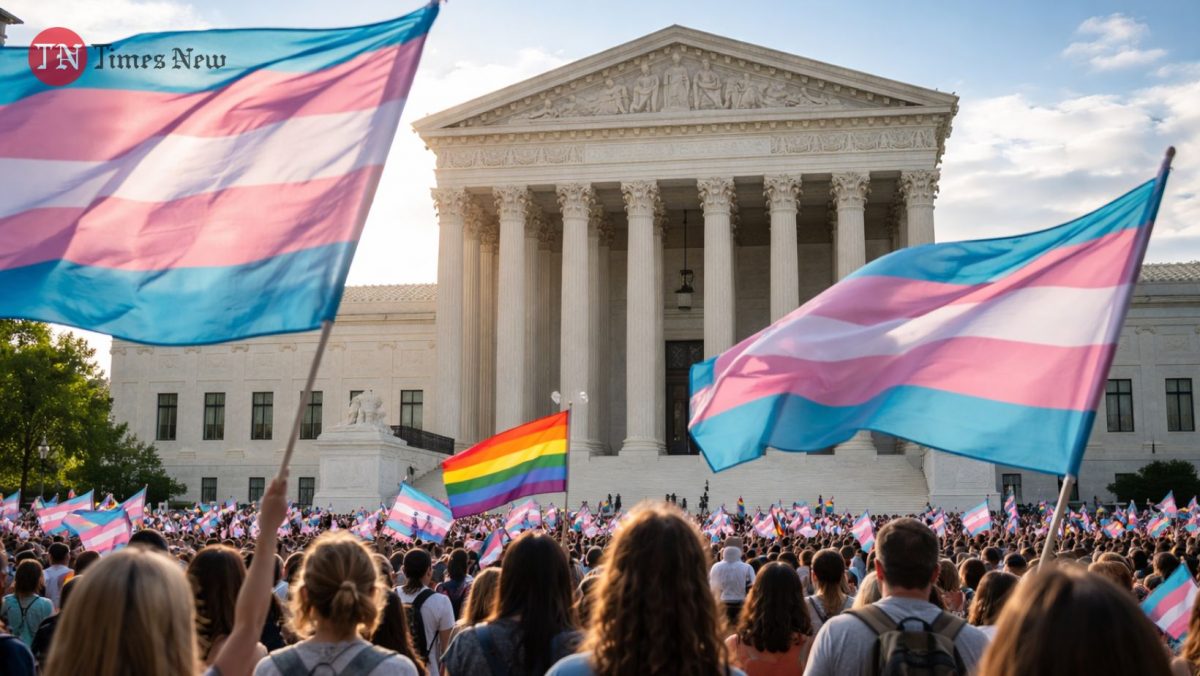
Recent allegations of sexual assault involving American servicemembers on Okinawa have sparked outrage and renewed tensions over the U.S. military presence in Japan. In one case, an Air Force member stands accused of assaulting a teenage girl last December, while a Marine faces charges for allegedly assaulting a 21-year-old woman in May. These incidents, reminiscent of past controversies, including the 1995 rape case that led to widespread protests, have prompted local officials and residents to demand accountability and stricter measures from both Japanese and U.S. authorities.
Chief Cabinet Secretary Yoshimasa Hayashi expressed deep regret over the assaults and emphasized Japan’s serious stance on the matter. Vice Foreign Minister Masataka Okano conveyed Japan’s concerns to U.S. Ambassador Rahm Emanuel, urging decisive actions to prevent such incidents in the future. The cases have highlighted longstanding grievances among Okinawans regarding safety and transparency related to U.S. military activities on the island, where about half of the 50,000 American troops stationed in Japan are based.
Local leaders, including Okinawa Governor Denny Tamaki, have condemned the assaults as severe violations of human rights and criticized the delayed notification of the cases, which exacerbated anxiety among residents. Brig. Gen. Nicholas Evans of Kadena Air Base pledged full cooperation with local authorities’ investigations but stopped short of issuing an apology, further fueling local discontent. As tensions simmer, calls for improved communication and accountability mechanisms between U.S. forces and Okinawan authorities grow louder, underscoring ongoing challenges in the Japan-U.S. military alliance.
Pic Courtesy: google/ images are subject to copyright









